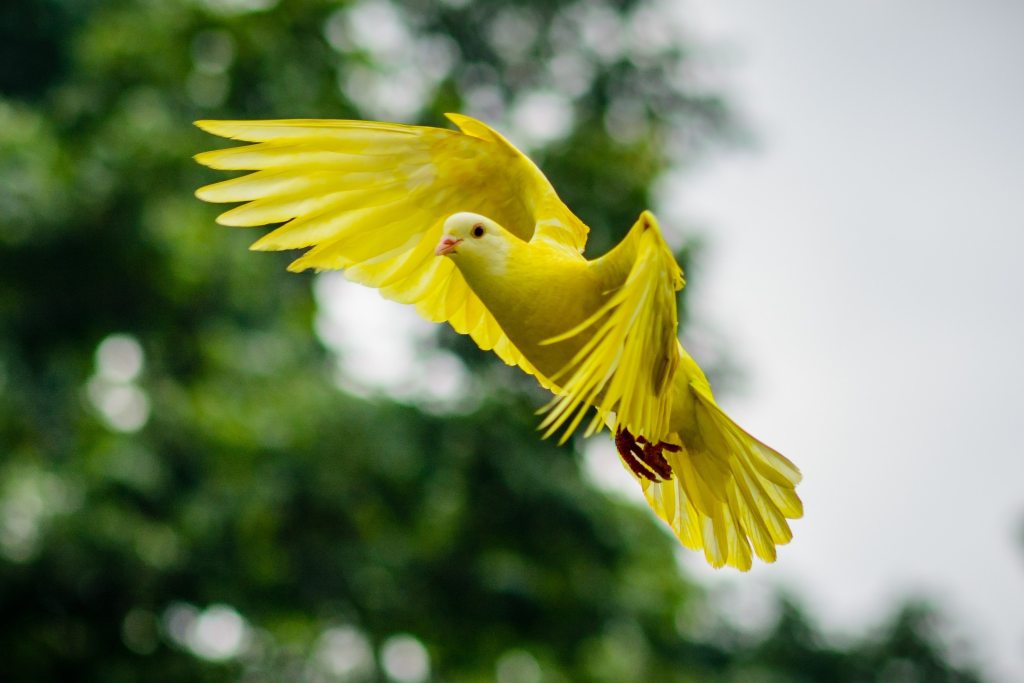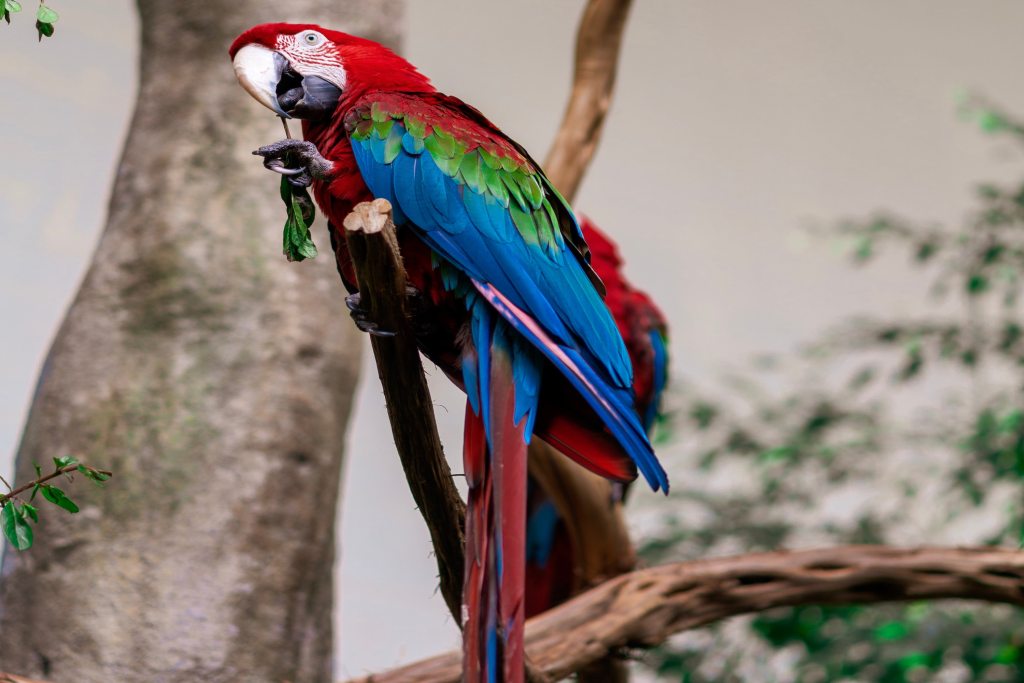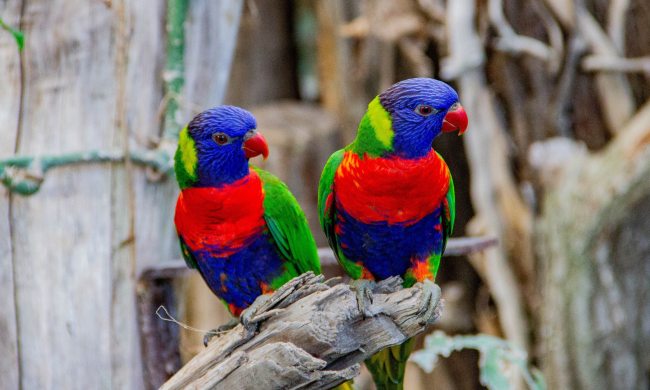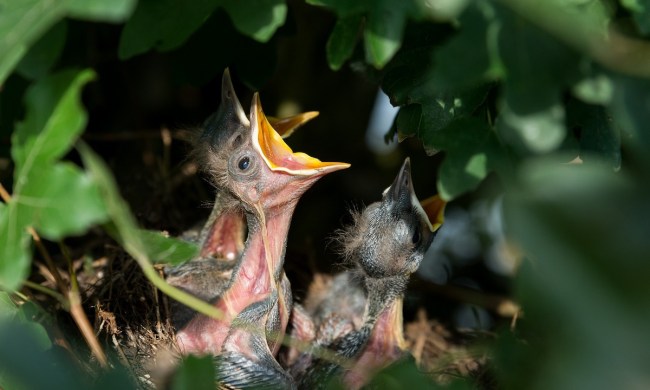It’s every pet owner’s worst nightmare: losing your beloved friend to the allure of the great outdoors. Birds especially sometimes fly right through an open door or window without even realizing the implications. You may be wondering: If my bird flew away, will it come back? Of course, they think they’ll be able to get back into their cozy cage and toy-filled playroom. But we know it’s a much bigger deal and quite difficult to wrangle them in. The best way to bring them home safely is to be prepared and to act quickly. Follow these guidelines right away to give you and your pet the best chance of being reunited.
Don’t chase her
If you see your bird just outside: Stop. Chasing her down is not how to retrieve a lost bird. You don’t want to spook her or make her think you’re playing tag. Walk slowly and carefully to her or stand in the open door and tempt her back to you. You’ll catch more birds with seed, as the saying might go.

Catch her safely
You may make a grab for your bird, only to have her slip away. If possible, it’s best to get her to come to you, but some contrary pets will dangle just out of reach. Avoid traps that might hurt her, like those with netting or wires. If you have a small hand towel, that can be used to help pick her up, but don’t grab or squeeze her too hard. She’s a lot smaller than you, after all.

Check surrounding areas
If you don’t immediately see your bird, look to easily accessible perches. She may be drawn to trees, wires, or porches, which means you’ll need to check these places first. With any luck, your brightly colored bird will stand out against her surroundings. Because she’s been raised with humans, she’ll probably be drawn to familiar areas like houses and fences. Break out your birding binoculars if you have them to give yourself a better chance of seeing her.
Call for her
Your avian listens to your voice all day, and she should recognize you when you call to her. Since birds are natural singers, they’re strongly attracted to sounds and many can learn commands. Start teaching her to respond to you and her name when she’s young, which will help get her back if you ever wind up in this situation. Just like a dog, she may also be attracted to a whistle, which can carry longer distances, too.
Put out her cage
Her cage is her sanctuary and will look familiar and inviting once she discovers the scary outdoors. Leave it out where she can easily find it with the gate open to encourage her back in. You’re not above bribery. Grab her favorite snack and put some treats by her cage and at other entrances, like a back door or a large window. She’ll get bored of freedom and wish for her free meals again in no time.
Get the word out
Pet birds want to stick close to humans since that’s what they’re used to, so she might wind up at a nearby home if she can’t find her way back to yours. Putting up flyers certainly works, but you can also report her missing to local animal shelters. Use social media to get the word out, as many areas have online groups specifically for finding lost animals. Most of these birds won’t travel far, so it’s essential to talk to everyone in your neighborhood. Many birds can get microchipped when they’re young as well to help locate and identify them if they’re found.
Naturally, it’s best to try to prevent your bird from getting out in the first place. You may need to tightly lock up her cage or her room if she’s a particularly talented escape artist. Keep an extra-close watch on her when you’re cleaning the cage or taking her out to the vet. These are the times when she’s most likely to slip away. Make sure to also have documentation (like purchase papers and vet receipts) and photos on hand in case she does go for a stroll so you can prove that you belong to her.



